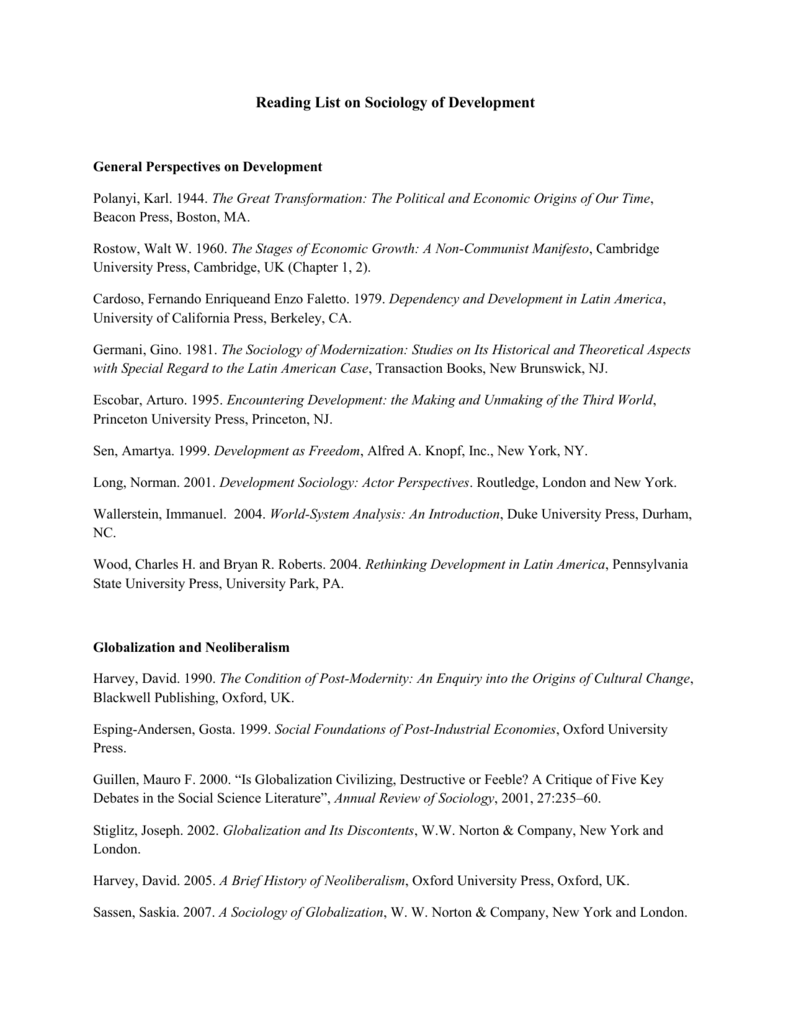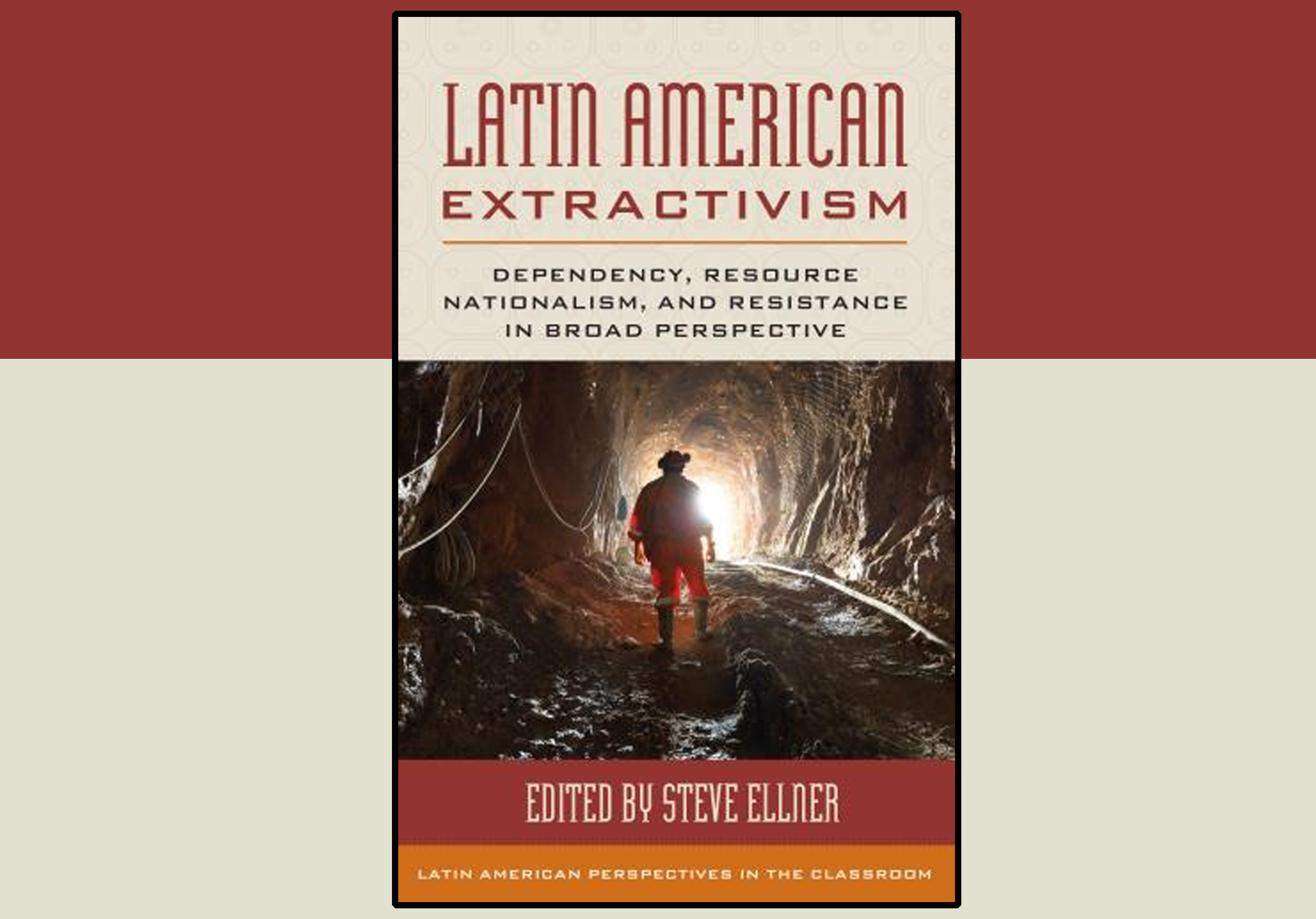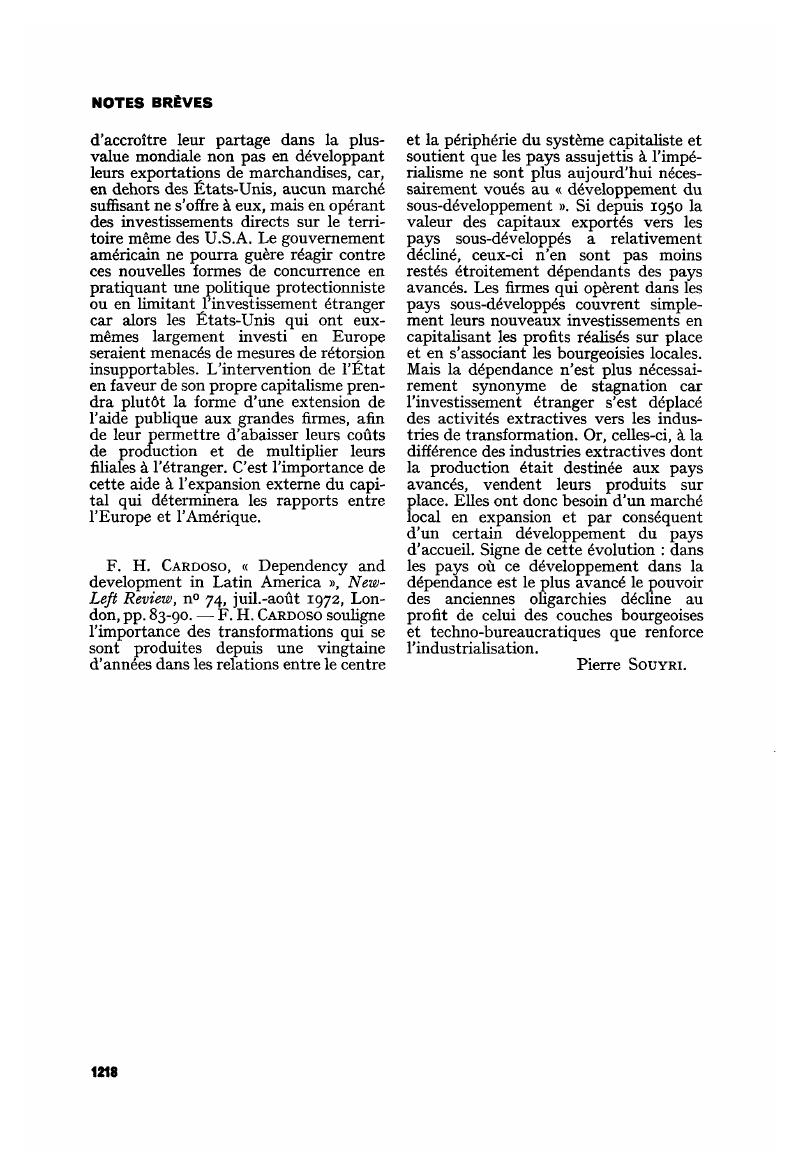Dependency and development in Latin America have been intertwined for much of the region's history. The concept of dependency refers to the reliance of a country on foreign powers, resources, or markets for its economic, political, and social development. This can take many forms, such as reliance on foreign investment, access to raw materials, or export of finished products. In the case of Latin America, dependency has often been characterized by a dependence on the developed countries of the North, particularly the United States.
The history of dependency in Latin America is closely tied to the region's colonial past. During the colonial period, Latin American countries were largely dependent on the European powers that colonized them. This dependence continued after independence, as the newly-formed nations relied on foreign investment and trade to fuel their economies. In the 19th and early 20th centuries, Latin American countries began to industrialize and diversify their economies, but this process was often hindered by their reliance on foreign capital and technology.
The concept of dependency theory, developed by Latin American scholars in the 1950s and 1960s, sought to explain and critique the region's economic and social development in the context of its relationship with the developed world. According to dependency theory, the economic development of the developed countries was achieved at the expense of the developing countries, through a process of exploitation and extraction of resources. This process was facilitated by the unequal power dynamics between the North and South, as well as by global institutions and policies that favored the interests of the developed countries.
Dependency theory argued that the development of the developed countries was based on the underdevelopment of the developing countries, and that this pattern was unlikely to change unless the developing countries were able to break their dependency on the developed world. This led to calls for policies that would promote self-reliance and industrialization in the developing countries, such as import substitution industrialization (ISI) and protectionist measures.
However, these policies had mixed results and faced criticism from both within and outside the region. Some argued that they led to inefficiency and corruption, and hindered the integration of the developing countries into the global economy. Others argued that they were insufficient to address the deeper structural issues that underpinned the region's dependency, such as the lack of political and economic power, and the influence of external actors on the domestic politics of the developing countries.
In recent decades, the global economic and political landscape has changed significantly, and the concept of dependency has evolved. Many Latin American countries have undergone economic liberalization and opened up their markets to foreign investment and trade. However, this process has also brought new challenges and vulnerabilities, such as increased inequality and dependence on volatile global commodity markets.
Today, dependency and development in Latin America continue to be complex and multifaceted issues, shaped by a combination of historical, economic, and political factors. While the region has made significant progress in many areas, it still faces many challenges and inequalities that are rooted in its dependency on the developed world. To overcome these challenges and achieve sustainable development, it will be necessary to address the structural issues that underpin dependency, and to find ways to promote more balanced and equitable relationships with the global community.







